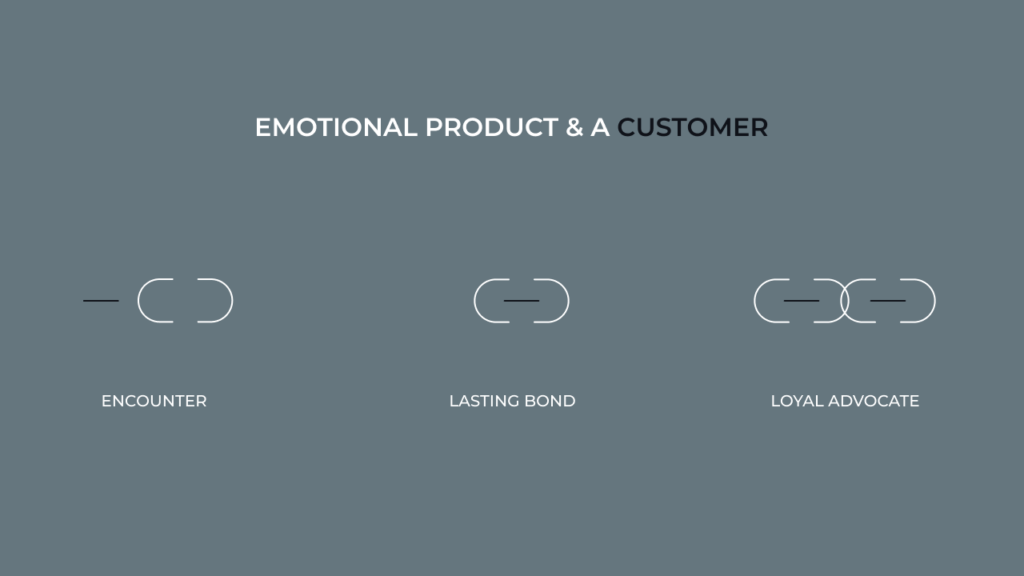In today’s highly competitive business landscape, capturing the attention and loyalty of customers has become more challenging than ever. One of the most effective strategies to stand out in this crowded marketplace is by offering emotional products that resonate deeply with consumers. These products go beyond mere functionality — they create lasting connections and drive brand loyalty.
Understanding Emotional Products
Emotional products are those that evoke strong feelings, memories, and connections in customers. Unlike ordinary products, they tap into the emotional aspect of human psychology, making customers feel understood, valued, and emotionally engaged. This emotional engagement leads to a sense of connection with the brand, fosters long-term relationships and guarantees repeat business.
Neuroscience has shown that emotions play a significant role in decision-making processes. Emotional engagement triggers the release of neurotransmitters like dopamine and oxytocin, which are associated with pleasure and trust. When customers associate positive emotions with a product, they are more likely to make purchasing decisions and become loyal advocates for the brand.
5 Reasons Emotional Products Are Important
Building Strong Customer Connections
Emotional products create a bridge between customers and brands. When customers feel emotionally connected, they are more likely to establish a sense of loyalty that goes beyond mere transactions.
Differentiation in a Crowded Market
In a marketplace saturated with options, emotional products stand out. They offer a unique value proposition that isn’t solely based on features but also on the intangible emotional benefits they provide.
Influence on Decision-Making
Emotions play a pivotal role in decision-making. Emotional products tap into this by triggering positive emotions that make customers more inclined to choose a product that resonates with them on an emotional level.
Enhanced Customer Loyalty
When customers form emotional bonds with products, they become more than just consumers – they become advocates. This loyalty can lead to repeat purchases and organic word-of-mouth marketing.
Memorability and Longevity
Emotions have a way of imprinting experiences into memory. Emotional products create lasting impressions that customers carry with them, ensuring a prolonged relationship with the brand.
Examples of Emotional Products
Dove’s Real Beauty Campaign
Dove’s marketing campaign doesn’t just sell beauty products; it champions self-esteem and body positivity. By challenging conventional beauty standards, Dove evokes emotions of empowerment, self-acceptance, and inclusion in its customers.
Disney’s Theme Parks
Disney doesn’t sell amusement park tickets; it offers magical experiences that evoke feelings of nostalgia, wonder, and joy. The emotional attachment people have with Disney is built on childhood memories and the promise of creating new ones.
Nike’s “Just Do It” Branding
Nike’s products are more than just athletic wear; they symbolize determination, perseverance, and the pursuit of greatness. This branding taps into emotions of motivation and inspiration, resonating with customers who aspire to be their best selves.
Conclusion
The importance of emotional products lies in their ability to foster strong connections, stand out in a competitive market, influence decisions, enhance loyalty, and leave lasting memories. Brands that understand and harness the power of emotional products are better poised to create meaningful customer experiences that go beyond the transactional and make a lasting impact.
- Creating Information Architecture (IA) for Mobile Applications - October 2, 2021
- What is Market Pull? Some Proven Examples - September 4, 2021
- What is Competitive Advantage? Types and Examples - August 9, 2021


